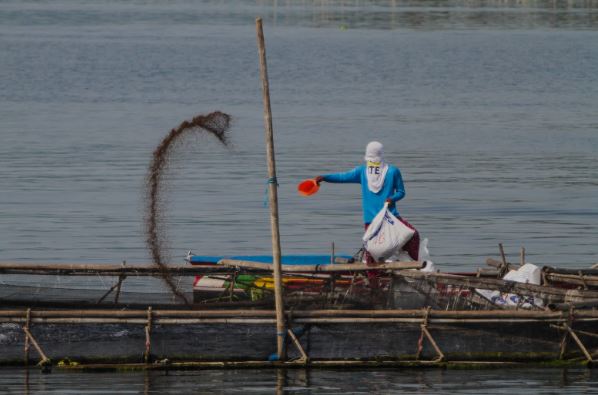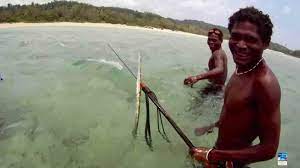Traditional fishing in Palawan, Philippines, reflects the rich maritime culture of the region.

Local communities have developed various techniques over generations to sustainably harvest seafood from the surrounding waters.

Here’s a detailed list of traditional fishing techniques commonly used in Palawan:
1. Handline Fishing:
- Description:
- Handline fishing is a simple method using a single fishing line with a baited hook.
- Fishermen manually control the line, often from small outrigger boats or directly from the shore.
2. Fish Traps (Bubo):
- Description:
- Bubo is a traditional fish trap made from bamboo or other local materials.
- Fish are lured into the trap through a funnel-shaped entrance and are unable to find their way out.
3. Cast Nets:
- Description:
- Fishermen throw a cast net into the water, and the net spreads out over the surface.
- This method is often used in shallow waters and near the shoreline to catch small fish and bait.
4. Spearfishing:
- Description:
- Spearfishing involves diving underwater to manually spear fish using a handheld spear or harpoon.
- Traditional free-diving techniques are often employed.
5. Bamboo Fish Corrals (Baklad):
- Description:
- Baklad is a type of fish corral made from bamboo stakes and nets.
- Fishermen use baklad to trap and concentrate fish during high tide, making it easier to catch them during low tide.
6. Fish Aggregating Devices (Payao):
- Description:
- Payao is an anchored floating device that attracts fish by providing a habitat for small marine organisms.
- Fishermen gather around payaos, especially in deeper waters, to catch tuna and other pelagic species.
7. Seine Net Fishing:
- Description:
- Seine nets are large nets with floats on the top and weights on the bottom, forming a vertical wall in the water.
- Fishermen deploy the net in a circular or straight pattern to encircle schools of fish.
8. Gill Net Fishing:
- Description:
- Gill nets are set vertically in the water, with floats at the top and weights at the bottom.
- Fish swim into the net and become entangled by their gills, allowing fishermen to retrieve the catch.
9. Coral Reef Hand Harvesting:
- Description:
- Fishermen harvest fish and invertebrates by hand in coral reef areas.
- This technique requires knowledge of the reef ecosystem to avoid damage to the environment.
10. Muro-ami Fishing:
- Description:
- Muro-ami involves a group of fishermen creating noise to drive fish towards a net.
- The net is often set around coral reefs, and the noise is produced by striking rocks together or using other means.
11. Lobster and Crab Traps:
- Description:
- Fishermen deploy traps specifically designed for catching lobsters and crabs.
- These traps are baited, and once the crustaceans enter, they are unable to escape.
12. Dynamite and Cyanide Fishing (Illegal and Highly Discouraged):
- Note:
- Dynamite and Cyanide fishing involves using explosives or poisons to stun or kill fish, making them easy to catch.
- This method is illegal, highly destructive to marine ecosystems, and poses serious risks to fishermen and the environment. This is highly enforced by both the Department of Fisheries asnd the Philippines Coast Guard.
Tips for Responsible Fishing Practices:
- Sustainability: Practice sustainable fishing by adhering to catch limits, avoiding overfished areas, and respecting closed seasons.
- Environmental Awareness: Be aware of the local marine ecosystem and avoid damaging coral reefs or seagrass beds.
- Compliance with Regulations: Familiarize yourself with local regulations and ensure compliance to promote responsible practices.
- Cultural Sensitivity: Respect the traditions and cultural practices in Palawan, and seek permission when necessary. It’s imperative to pay attention to the rules of the land.
Traditional fishing in Palawan is not only a means of livelihood but also a cultural heritage that connects communities to the rich marine resources of the region. It’s crucial to promote sustainable and responsible fishing practices to ensure the long-term health of Palawan’s marine ecosystems.

